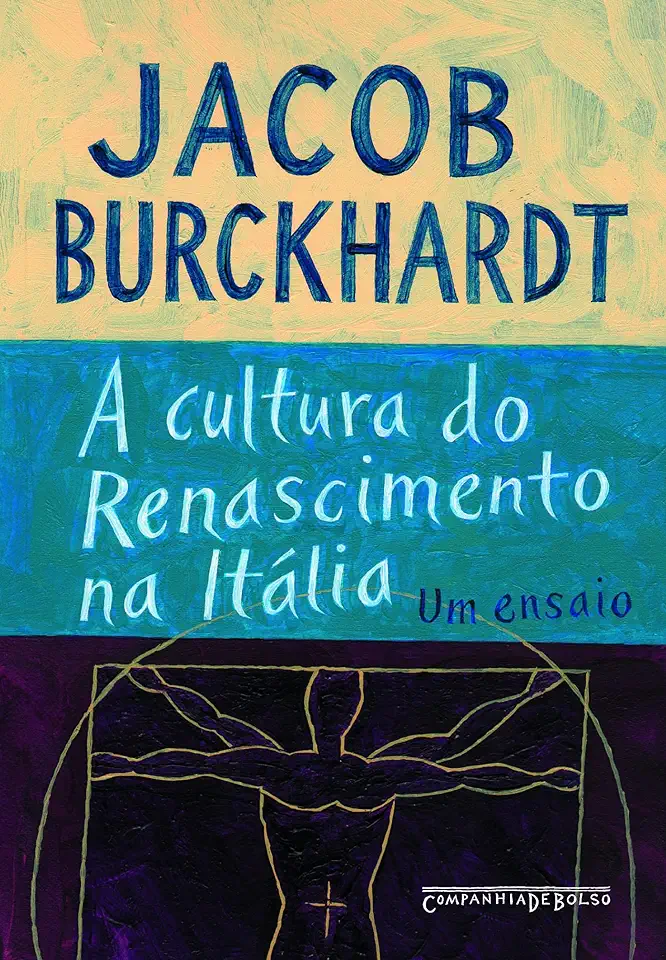
The Civilization of the Renaissance in Italy - Jacob Burckhardt
The Civilization of the Renaissance in Italy
In his seminal work, "The Civilization of the Renaissance in Italy", Jacob Burckhardt paints a vivid and captivating portrait of the Italian Renaissance, a period of profound cultural, intellectual, and artistic transformation that marked the transition from the Middle Ages to the modern era. Burckhardt's masterpiece is a comprehensive exploration of the social, political, and cultural forces that shaped this extraordinary era, offering a profound understanding of the origins and development of modern Western civilization.
A New Era of Individualism and Humanism
One of the central themes of Burckhardt's work is the rise of individualism during the Renaissance. In contrast to the rigid social structures and collective identities of the Middle Ages, the Renaissance witnessed a remarkable shift towards the individual as the center of cultural and intellectual life. This newfound emphasis on individuality led to a flourishing of artistic and intellectual creativity, as well as a renewed interest in classical learning and ancient literature.
The Birth of Modern Art and Architecture
The Renaissance was a golden age of artistic achievement, and Burckhardt provides a detailed analysis of the major artistic movements and figures of the period. He explores the groundbreaking techniques and styles of painters such as Giotto, Masaccio, and Leonardo da Vinci, as well as the innovative architectural designs of Brunelleschi and Michelangelo. Burckhardt's insights into the artistic genius of the Renaissance offer a profound appreciation for the enduring legacy of these masters.
The Revival of Classical Learning and Philosophy
The Renaissance was also a time of great intellectual ferment, marked by a renewed interest in classical Greek and Roman literature, philosophy, and science. Burckhardt examines the impact of these rediscovered texts on the intellectual landscape of the period, highlighting the contributions of scholars such as Petrarch, Erasmus, and Pico della Mirandola. This revival of classical learning laid the foundation for the scientific revolution and the development of modern thought.
The Rise of Civic Humanism and Political Thought
Burckhardt also explores the political and social transformations of the Renaissance, focusing on the rise of civic humanism and the emergence of modern political thought. He analyzes the writings of Machiavelli, Guicciardini, and other political theorists, shedding light on the development of concepts such as republicanism, statecraft, and the balance of power. These ideas would profoundly influence the course of Western political thought and the formation of modern nation-states.
A Legacy of Cultural and Intellectual Achievement
"The Civilization of the Renaissance in Italy" stands as a testament to Burckhardt's profound scholarship and his ability to capture the essence of a transformative era. His work remains an essential read for anyone seeking to understand the origins of modern Western civilization and the enduring legacy of the Italian Renaissance. Burckhardt's masterpiece is a captivating journey through a period of unparalleled cultural and intellectual achievement, offering a glimpse into the birth of the modern world.
Enjoyed the summary? Discover all the details and take your reading to the next level — [click here to view the book on Amazon!]